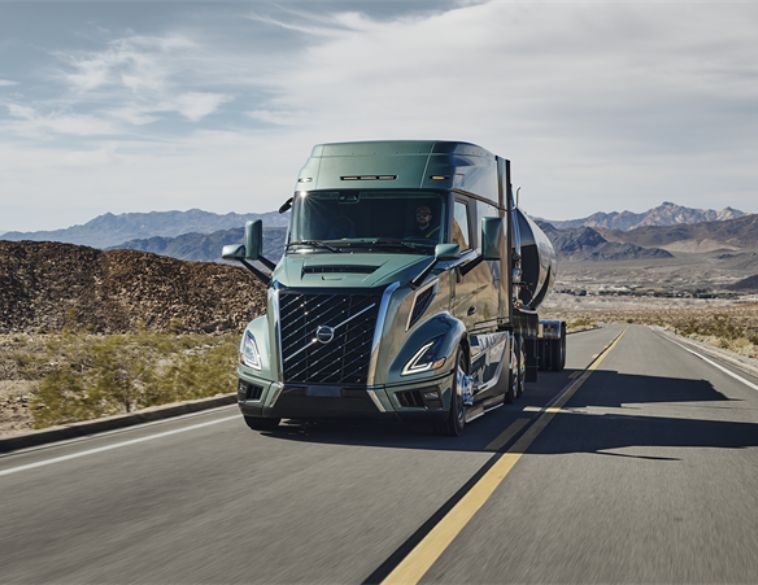I recall that not too long ago, I was complaining that it cost $50 to fill the gas tank in my car. Last week, $50 only got it to half-full.
Inflation is something that was defeated years ago. “We have had price stability for a very long time and maybe come to take it for granted,” Jerome Powell, chairman of the Federal Reserve, said last month. Inflation was bad in the 1970s and 1980s, and it was especially bad for interest rates. It was caused partly because the global economy was expanding so quickly that suppliers could not keep up with orders.
Broken supply chains
Now the supply chains are broken and unable to find the labour necessary to function normally. Pandemic lockdowns started it and continue to be a threat in important manufacturing centers like Shanghai. COVID-19 eradication as a policy is making the shortages worse, by keeping workers sidelined and slashing production.
Fleet is seeing the effects in long delays in delivery of new vehicles. Heavy chassis seem to be taking the longest. My suppliers are starting to ask for price increases as the chassis ordered in 2021 are going to be produced as 2023 models and they cannot absorb two years’ worth of model adjustments. It’s true that there is language in our purchase orders that prohibit price increases, but I have two good reasons for not wanting to enforce those terms. One is that I value the relationships with my suppliers, which all of us have invested in over many years. I get it that some things are beyond their control. The other is the risk that the vendor may just say that if I won’t pay a higher price, the chassis can be sold to someone else who will.
Price elasticity
Economists use the term, “price elasticity” to describe the willingness of buyers and sellers to accept changing prices for goods. Prices can only be stretched upwards so far before buyers are either willing to go without or find a substitute at an acceptable price. A good example of this is gas prices. When the number of people driving to work crashed in 2020 so did gas prices. Remember, just two years ago the price of oil briefly fell to below zero. But after a short while the pump price started climbing, in part due to the astonishing rise in crude oil prices. Now consumers are looking at more fuel-efficient vehicles or driving less by working from home to reduce the impact on their wallets.
Perhaps inflation will slow down as we adapt to COVID-19 without lockdowns and travel restrictions. I have read that the current job market is like no other before with so many vacant positions that shortages will continue. The retirement wave in this country is growing at the same time. We may have taken price stability for granted but now it looks like managing prices will be the new calisthenics for both buyers and sellers of fleet equipment. Sign up for classes now.
Chris Hill has been a fleet manager and advisor with some of Canada’s best-known companies, several municipalities and the Ontario government. He has served twice as chair of NAFA Ontario Chapter. Currently he is Program Manager, Fleet Planning at the City of Guelph.



